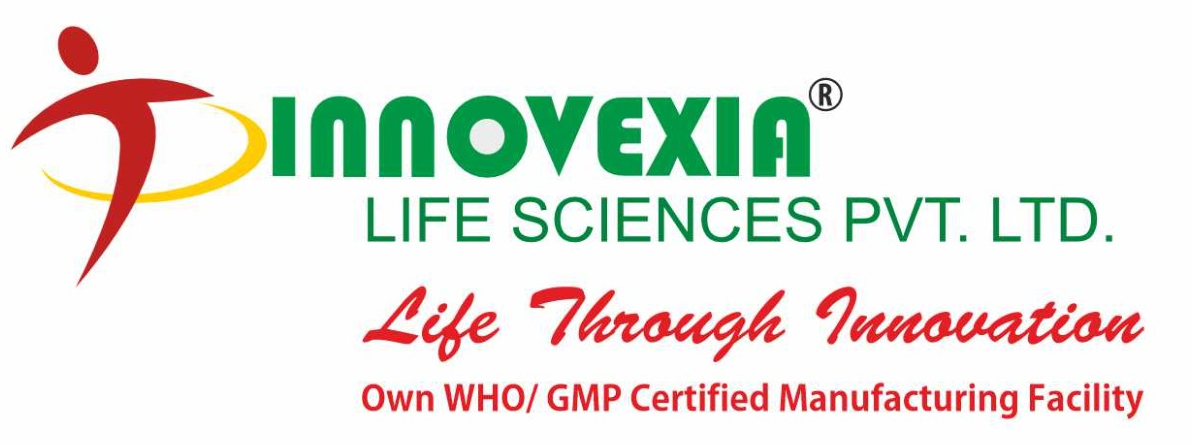Introduction
The pharmaceutical industry plays a pivotal role in the healthcare sector, providing essential medications to individuals worldwide. In India, the pharmaceutical sector has been a significant contributor to the economy and healthcare accessibility. However, recent developments in the form of the government’s new draft pharmaceutical policy have raised concerns and sparked discussions within the industry. One of the major focal points of this policy is the regulation of loan licensing and third-party manufacturing in the pharmaceutical sector. This article elaborates on the drawbacks of the draft policy and delves into the implications of banning loan licensing and third-party manufacturing in the pharmaceutical industry in India.
About the Government’s New Draft Pharma Policy and Pharma Manufacturing
The government’s draft pharmaceutical policy aims to revamp the existing regulatory framework for the pharmaceutical industry in India. It addresses various aspects of pharmaceutical manufacturing, quality control, and distribution. One of the most debated aspects of this policy pertains to the practice of loan licensing and third-party manufacturing.
What Are The Major Drawbacks Of Draft Pharma Policy?
Critics of the draft pharmaceutical policy have identified several drawbacks that raise concerns about its potential impact on the industry. One major drawback is the lack of consultation with industry stakeholders before the policy’s formulation. The absence of input from pharmaceutical manufacturers, associations, and experts might lead to policies that are not aligned with ground realities.
Another drawback is the potential disruption of existing manufacturing practices. Many pharmaceutical companies have established business models based on loan licensing and third-party manufacturing. Sudden changes in regulations without proper transition periods could lead to operational challenges and supply chain disruptions.
What Is Loan License and Third Party Manufacturing In The Pharma Industry?
Loan licensing and third-party manufacturing are common practices in the pharmaceutical industry. In loan licensing, a company possesses a manufacturing license and allows another company to use its facilities for production. Third-party manufacturing involves outsourcing the manufacturing process to a third-party facility. These practices have enabled companies to efficiently utilize resources, reduce costs, and focus on research and development.
Reason Behind Banning Loan Licensing and Third Party Pharma Manufacturing In India
The draft pharmaceutical policy proposes the banning of loan licensing and third-party manufacturing to address concerns related to quality control, accountability, and oversight. By centralizing manufacturing within the company that holds the manufacturing license, the government aims to enhance the traceability and monitoring of the entire production process. This move is driven by the intention to ensure better quality control and reduce the risks associated with substandard or counterfeit medications.
Loan Licensing and Third Party/Contract Manufacturing Ban in India
The decision to ban loan licensing and third-party manufacturing in India has generated mixed reactions from industry stakeholders. Supporters argue that this move could lead to improved product quality and patient safety. With manufacturers having complete control over the production process, they can enforce stringent quality standards and reduce the chances of non-compliance.
However, opponents of the ban highlight the potential negative impact on the industry’s growth and competitiveness. Small and medium-sized enterprises that heavily rely on loan licensing and third-party manufacturing might face challenges in adapting to the new regulations. Additionally, the ban could lead to reduced flexibility in manufacturing capacities and longer lead times, potentially affecting drug availability.
Conclusion
The government’s new draft pharmaceutical policy and its proposed ban on loan licensing and third-party manufacturing mark a significant shift in the Indian pharmaceutical industry. While the intentions behind this policy are to enhance product quality and regulatory oversight, it also poses challenges to existing business models and supply chain dynamics. Striking a balance between improved quality control and the continued growth of the industry will be crucial for a successful implementation of the policy. As the industry evolves, ongoing collaboration between policymakers and industry stakeholders will be essential to ensure that healthcare accessibility and product quality are not compromised.

